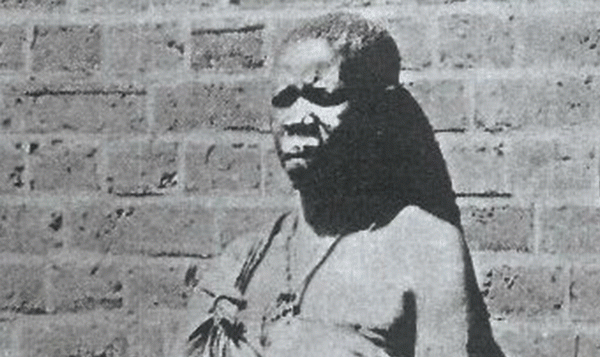
TODAY, Zimbabwe joins the African continent on the occasion of the 58th Africa Day commemorations. In Zimbabwe, this occasion coincides with the unveiling of the statue of Chimurenga heroine Mbuya Nehanda.
But revelations by South African International Affairs and Co-operation minister Naledi Pandor that President Cyril Ramaphosa’s administration has commissioned an anti-sanctions study to lobby for an end to a global economic embargo on Zimbabwe made interesting reading.
The South African International Affairs minister revealed this during a meeting with Foreign Affairs minister Frederick Shava in Cape Town last week.
Addressing journalists after meeting Shava, Pandor said Ramaphosa had told delegates from the United Kingdom, the United States and the European Union during a G7 meeting recently that the southern Africa region would not tire in its anti-sanctions lobby.
While it is within South Africa’s rights to commission research studies on the trade/political restrictions imposed on Zimbabwe, we believe this is a waste of resources since all the leaders in the Southern Africa Development Community (Sadc) region, including President Emmerson Mnangagwa, know what needs to be done for sanctions to be lifted.
The major powers that have been in crosshairs with Zimbabwe have clearly spelt out what they want done before they lift the embargoes.
The Western powers simply want Zimbabwe to implement political and economic reforms that benefit the general citizenry. Indeed, Western powers have their own interests in this fight, but it’s important that Zimbabwe’s political players show willingness to protect citizens who continue to bear the brunt of bad leadership due to flagrant violations of human rights by rogue elements in Zanu PF and governmental structures.
It is also important to point out that massive corruption by the country’s leaders or their surrogates undermines the economic growth of the country despite the abundant mineral resources Zimbabwe boasts.
- Chamisa under fire over US$120K donation
- Mavhunga puts DeMbare into Chibuku quarterfinals
- Pension funds bet on Cabora Bassa oilfields
- Councils defy govt fire tender directive
Keep Reading
Despite the formation of the Zimbabwe Anti-Corruption Commission and Special Anti-Corruption Unit in Mnangagwa’s office, nothing tangible has come out of the institutions to show that the leadership is eager to eradicate entrenched sleaze across all sectors of the economy.
Despite vested foreign interests in Zimbabwe, Mnangagwa also has to respect the rule of law and stop the persecution of citizens perceived as anti-establishment.
They have also demanded that trigger-happy security agents, who killed innocent civilians in 2018 and 2019, be brought to book.
Citizens obviously get worried that while South Africa, Sadc and the African Union have repeatedly called for the lifting of sanctions, they have been silent on the Mnangagwa regime’s crackdown on citizens, particularly the opposition and civic society. Is it that they condone Mnangagwa’s heavy-handedness or they are doing so out of blind camaraderie?
Clearly, anything short of telling Mnangagwa some few hard truths about putting his house in order will make any research on sanctions an exercise in futility.
If only the Zimbabwean leadership could follow Nehanda’s ideals of why she led a rebellion, this country would not be in this sorry state.
If only South Africa’s leaders knew, they would stand firm with the people.











